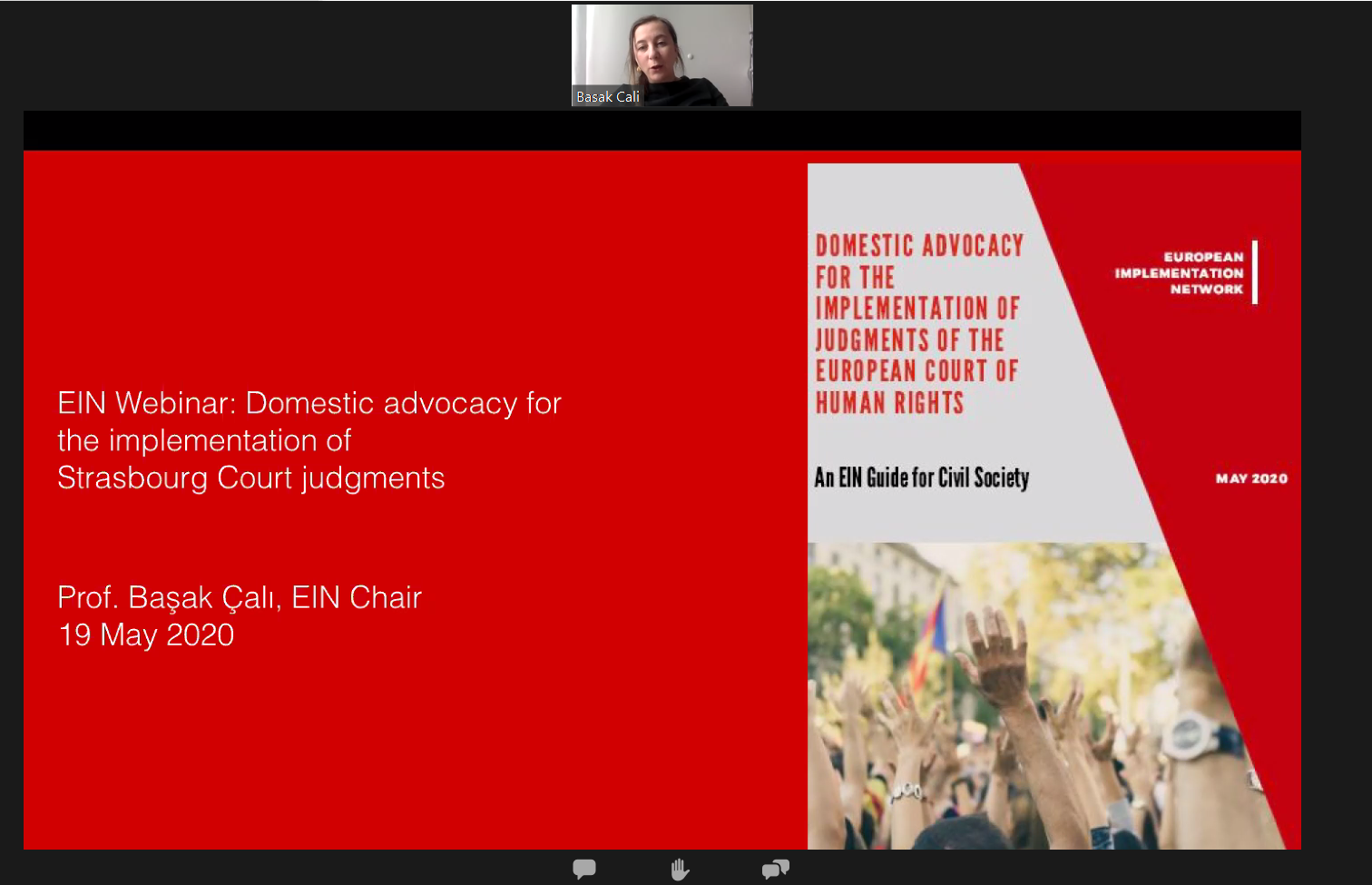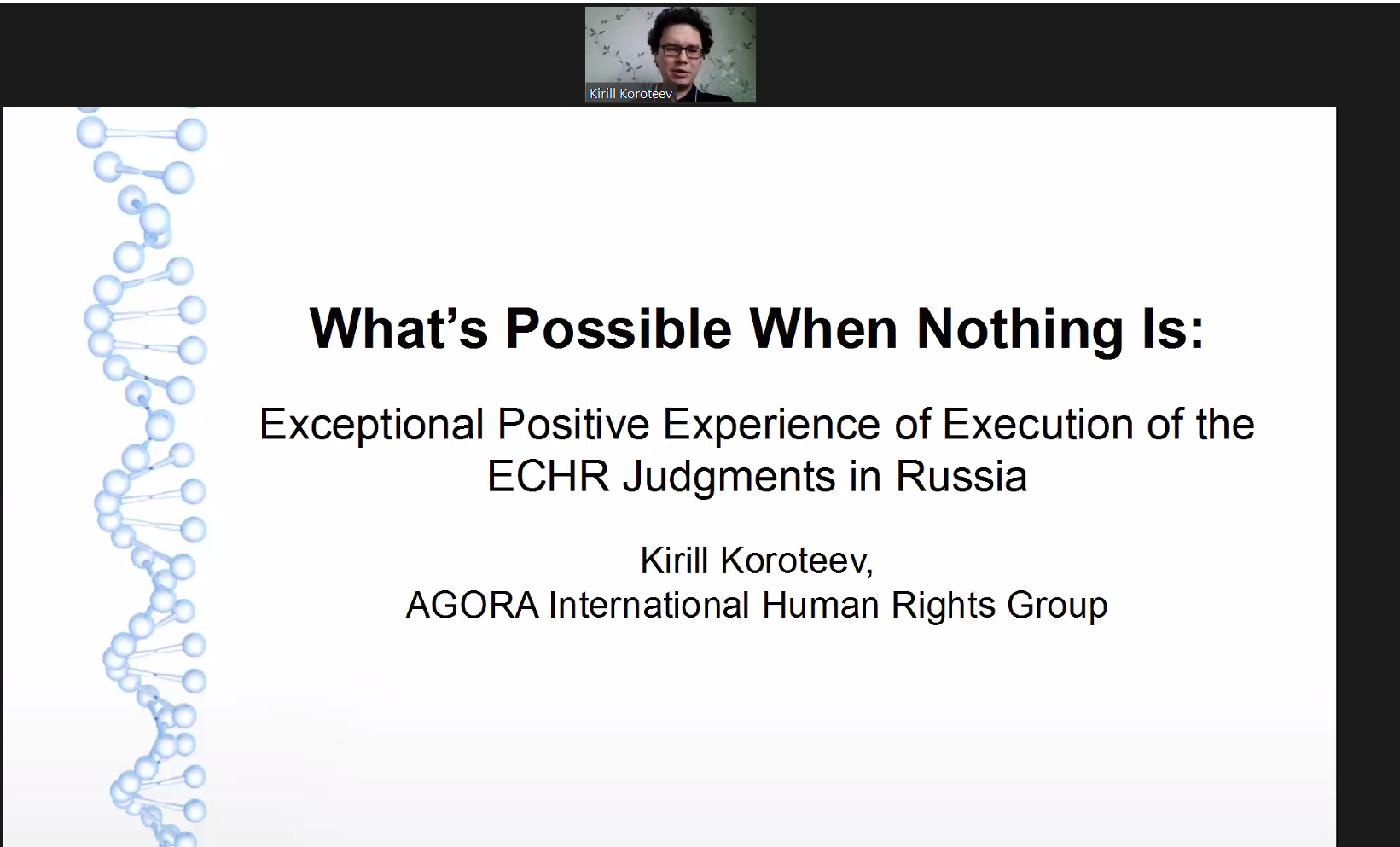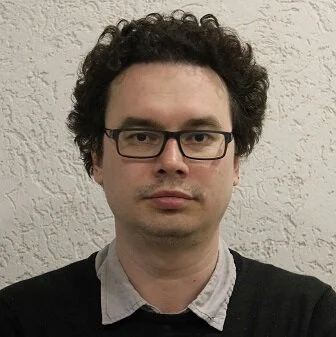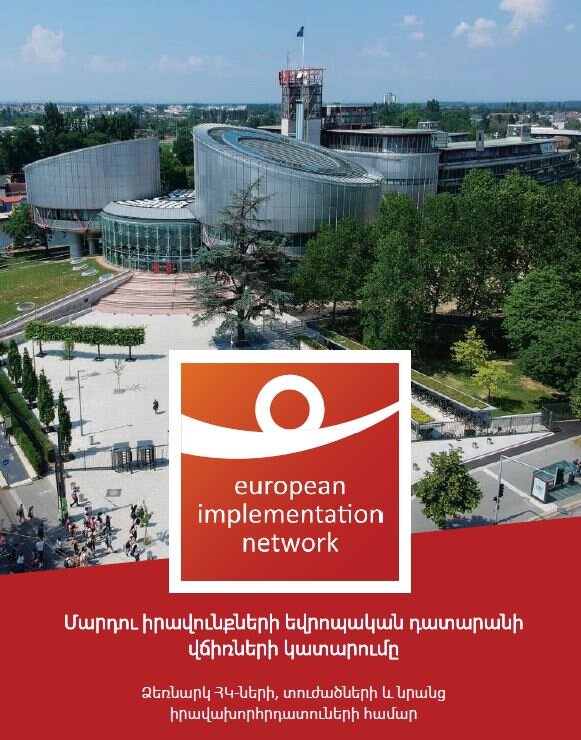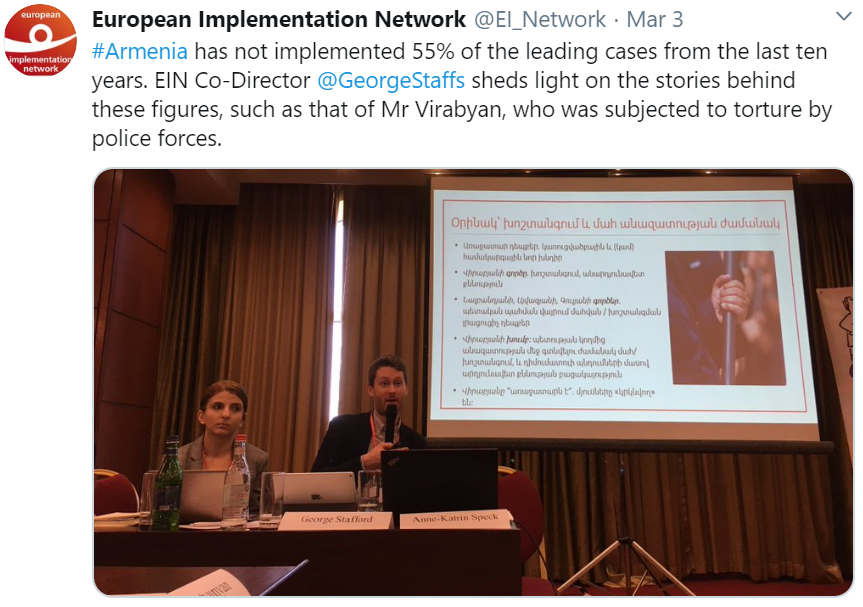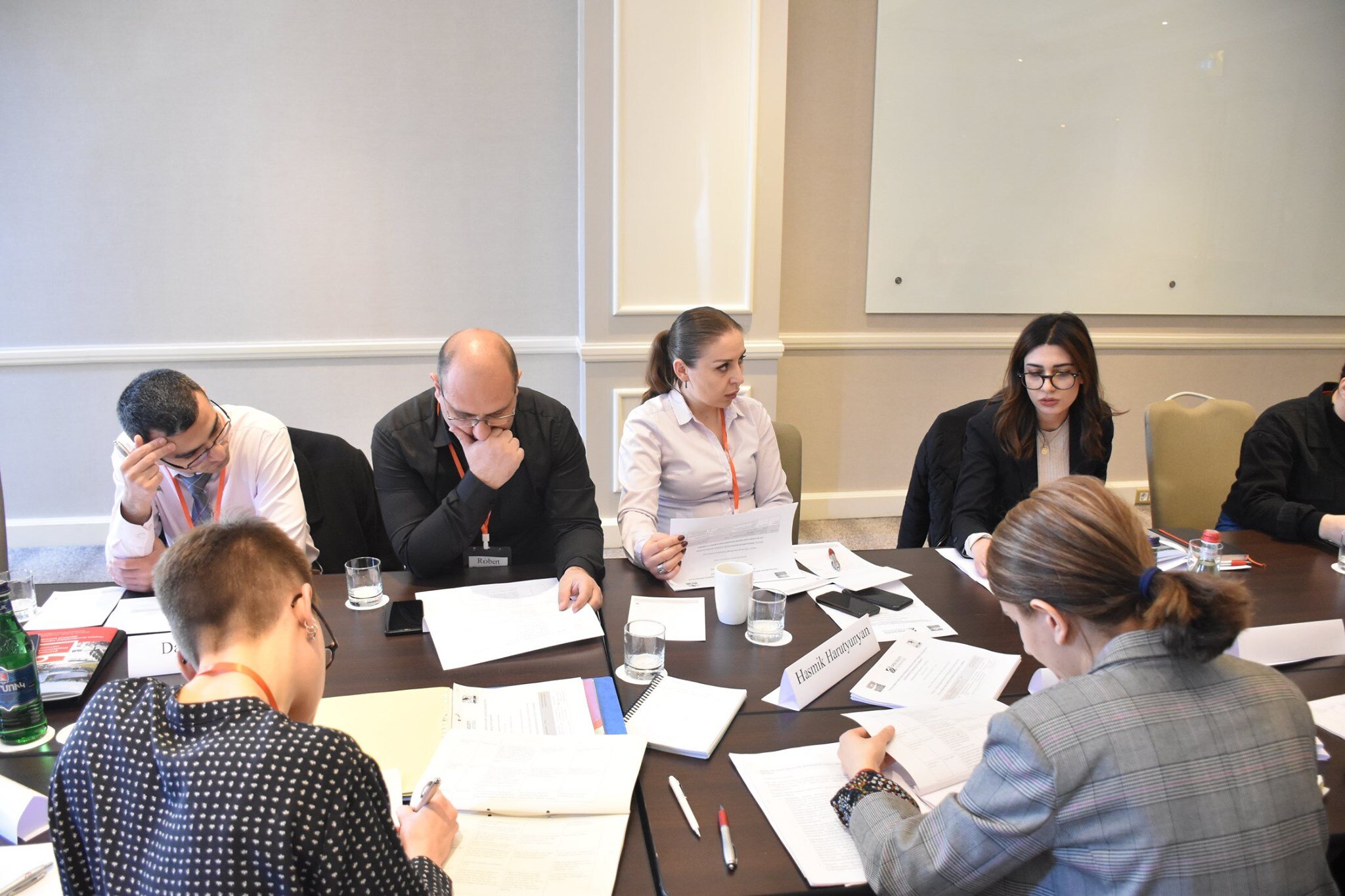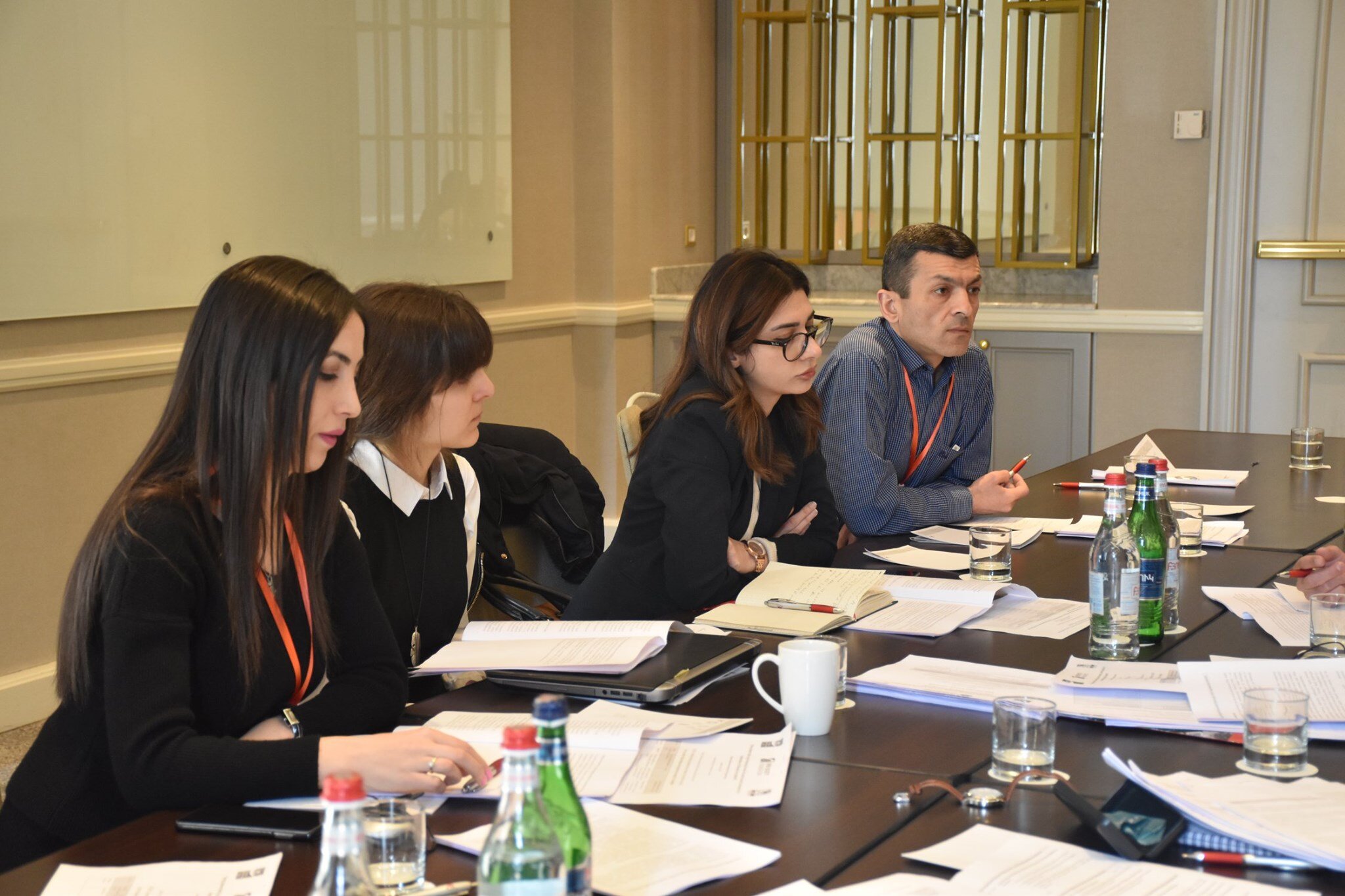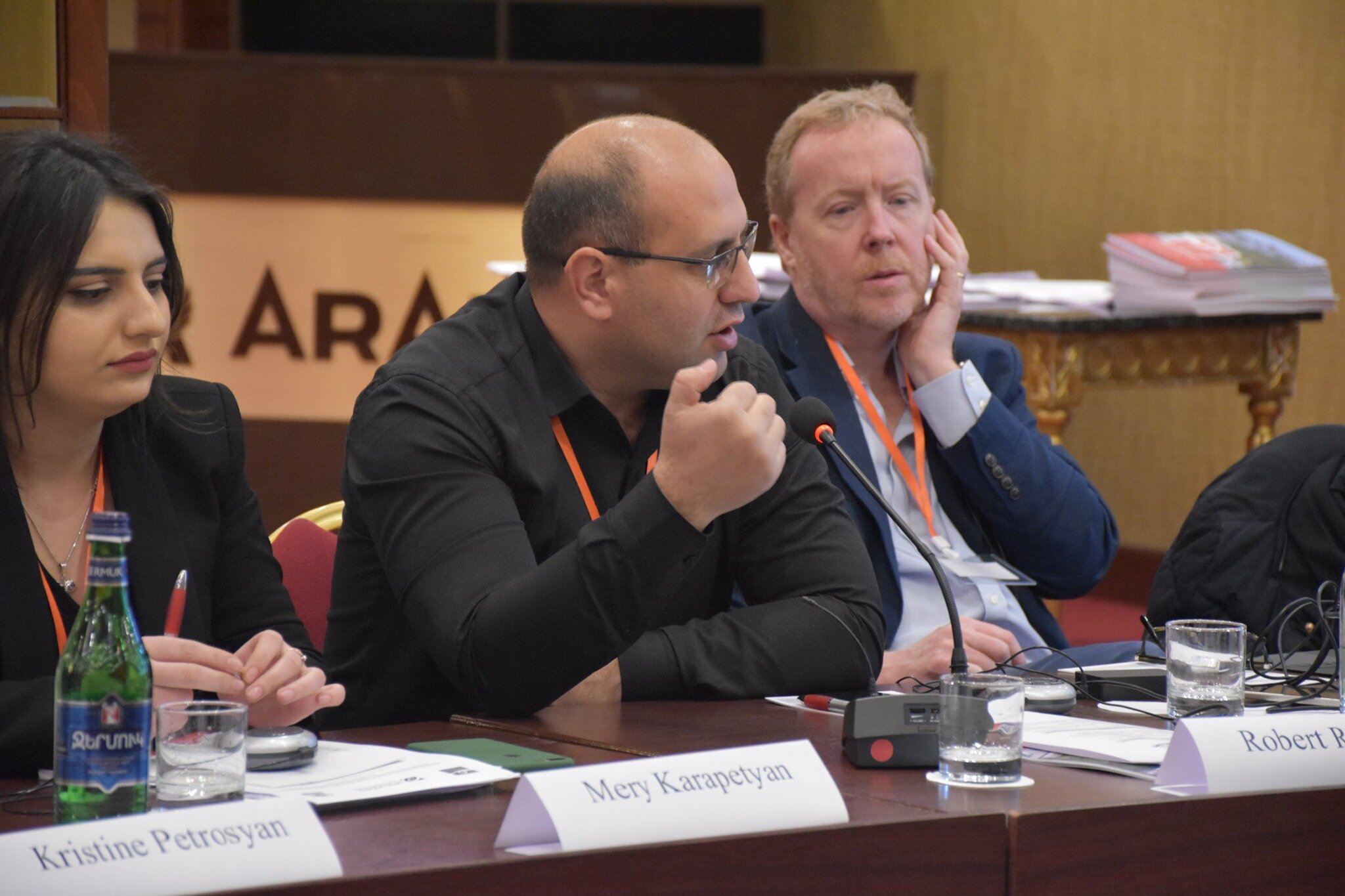Co-Director Anne-Katrin Speck leaves EIN
/After having working as Co-Director of EIN over the last 1.5 years, Anne-Katrin has left the EIN team to work as a full-time doctoral researcher at the University of Ghent.
During her time at EIN, Anne played a crucial role in enriching the organisation’s capacity-building methodology and organised multiple trainings. As a result of her work, over 130 NGO representatives and lawyers were trained on the ECHR judgment implementation process over the last 15 months. She initiated new forms of trainings, coupled with public events, which enhanced debate about the challenges linked to the non-implementation in particular countries. Thanks to her in-depth knowledge of the process, Anne also helped improve and intensify the participation of NGOs in the implementation of key ECHR cases. Her commitment allowed EIN to flourish and extend to a vibrant network of more than 30 members from over 20 countries. Finally, Anne produced important resources which will assist those working on implementation for many years. These include a guide on the implementation of standard cases, and the recently published EIN Toolkit on using domestic advocacy to advance the implementation of ECHR judgments.
The entire EIN Network would like to thank Anne for her incredibly valuable contribution to EIN’s mission and work, as well as her team spirit. We wish her all the best for her academic career.
Following her departure from the Secretariat, Anne applied to be an individual member of EIN. This application was accepted by the EIN Board, meaning that the network will benefit from Anne’s input in the coming years.
Following Anne’s departure, EIN Co-Director George Stafford will take on the role of EIN Director.




